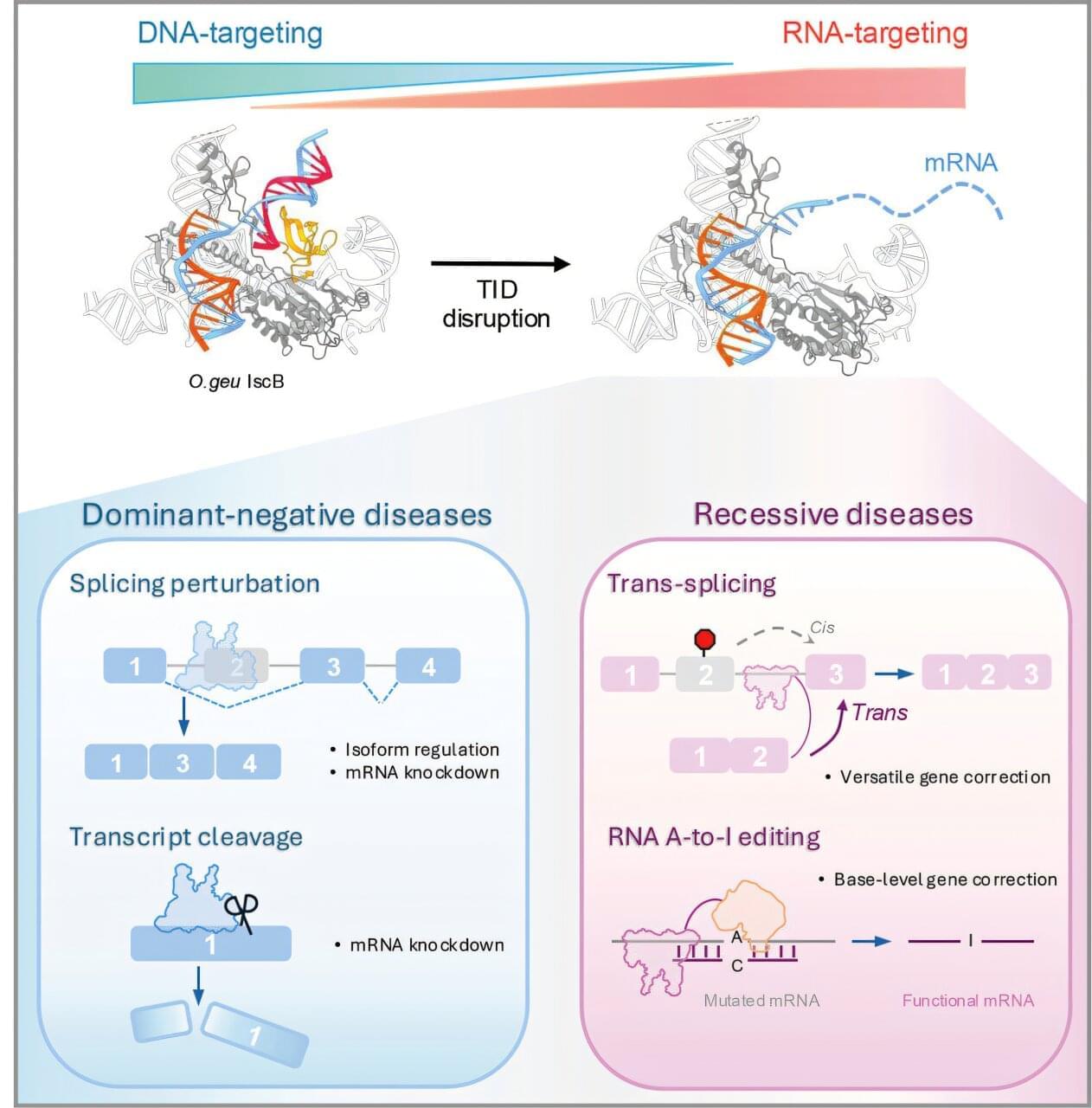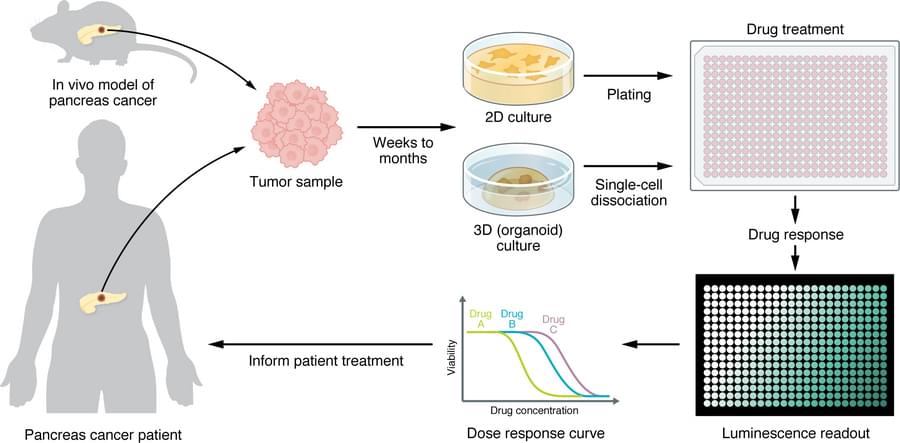Few people are aware of Marvel Whiteside Parsons (a.k.a Jack Parsons), co-founder of NASA’s Jet Propulsion Laboratories. Parsons made major contributions to rocket development, particularly in the area of solid fuel propellant. The solid motors on the Space Shuttle and the motors in the Minuteman missile were based on the solid propellant technology that he invented. He was a founding member of Aerojet Corporation, and he even has a crater on the dark side of the moon named after him. So why isn’t he as celebrated as the other founding fathers of spaceflight?
Aleister Crowley, born Edward Alexander Crowley, was a British occultist, writer, mountaineer, philosopher, poet, mystic, drug experimenter, and chess player. He was an influential member in several occult organizations, including the Golden Dawn, the A∴A∴, and Ordo Templi Orientis (O.T.O.), and is best known today for his occult writings, especially The Book of the Law, the central sacred text of Thelema. He gained much notoriety during his lifetime, and was infamously dubbed \.








